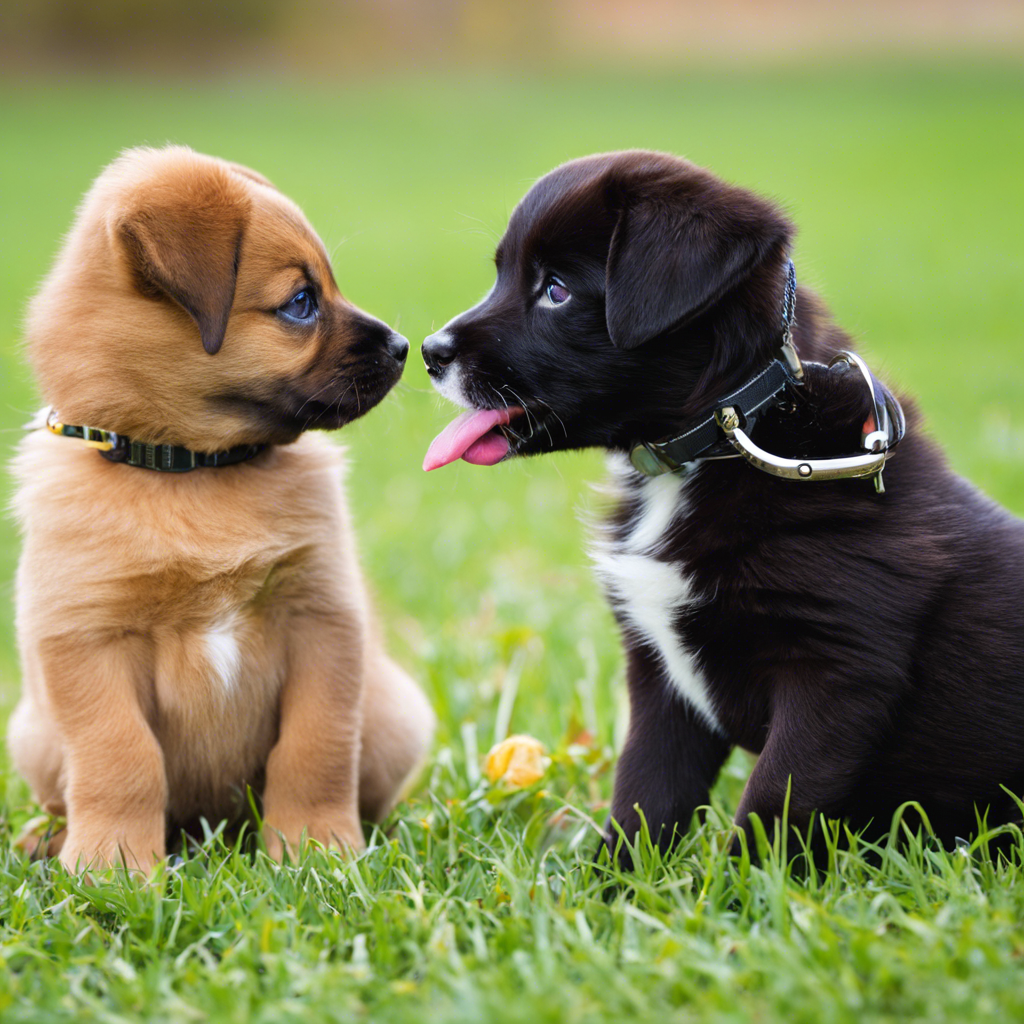# Puppy Training vs. Adult Dog Training: What You Need to Know
Bringing a dog into your life is an exciting journey, but it’s important to understand that the training approach differs significantly depending on whether you’re raising a playful puppy or welcoming an adult dog into your family. Puppy training and adult dog training have distinct characteristics and considerations. Let’s explore the key differences and help you navigate the training process effectively.
## Puppy Training: Laying the Foundation
Puppyhood is a critical period for development, making it an ideal time to start training. Puppies are like sponges, absorbing new information and forming habits quickly. Here’s what you need to know about training your furry friend during their early months:
– **Early Socialization:** Socialization is vital for puppies to grow into well-adjusted adult dogs. Introduce your puppy to various people, animals, environments, sounds, and experiences. This helps prevent fearfulness and aggression as they mature. Organize puppy playdates, visit parks, and enroll in puppy classes to ensure a positive and well-rounded socialization experience.
– **Potty Training:** House training is often a top priority for new puppy owners. Consistency and routine are key. Establish a regular feeding schedule, take them out frequently, and praise good bathroom behavior. Accidents will happen, but patience and positive reinforcement will get you through this phase.
– **Basic Commands:** Start with simple commands like “sit,” “stay,” “come,” and “down.” Puppies have shorter attention spans, so keep training sessions short and fun. Use treats, praise, and rewards to motivate them. Practice makes perfect, so be consistent and patient.
– **Behavior Management:** Puppies are full of energy and curiosity, which can sometimes lead to mischief. Redirect unwanted behaviors like chewing, biting, and jumping onto appropriate outlets. Provide plenty of chew toys and encourage positive play. Teach bite inhibition to prevent painful nips.
The puppy training process is about setting a solid foundation for good manners and behavior. It requires dedication, consistency, and a deep understanding of your puppy’s needs.
## Adult Dog Training: Refinement and Reinforcement
Adult dogs, whether adopted or rehomed, may present unique training challenges and opportunities. Here’s how adult dog training differs:
– **Previous Experiences:** Adult dogs may have had different life experiences, including previous training, neglect, or trauma. This can influence their behavior and learning abilities. Be patient and understanding, and tailor your training approach to their individual needs.
– **Focus and Attention Span:** Adult dogs generally have better focus and longer attention spans than puppies. This allows for more extended training sessions and faster progress in learning new commands. Take advantage of their maturity and build on their existing skills.
– **Behavior Modification:** If an adult dog has developed unwanted behaviors, training can help modify and reshape them. This may include addressing leash pulling, barking, aggression, or separation anxiety. Seek professional guidance if you’re dealing with complex behavioral issues.
– **Refining Skills:** Adult dogs may already know basic commands, but refining these skills is essential. Practice makes perfect, and consistent training will help them respond reliably in various situations. Advanced tricks and commands can also be introduced to keep your dog mentally stimulated.
Adult dog training is about building trust, understanding their past, and creating a strong bond. It’s an opportunity to help them thrive in their new environment and become well-behaved companions.
## Adapting Your Approach:
When training a dog of any age, it’s crucial to tailor your approach to their individual needs. Here are some general tips to keep in mind:
– **Positive Reinforcement:** Both puppies and adult dogs respond well to positive reinforcement training methods. Reward good behavior with treats, praise, and affection. Avoid harsh punishments, as they can create fear and anxiety.
– **Consistency and Routine:** Dogs thrive on consistency. Establish a daily routine for meals, walks, and training sessions. This helps them understand expectations and makes training more effective.
– **Patience and Understanding:** Training takes time, and every dog has its own learning curve. Be patient, stay positive, and celebrate small achievements. Understand that setbacks are normal and part of the learning process.
– **Seek Professional Help:** If you’re facing significant challenges or behavioral issues, don’t hesitate to seek professional guidance. A qualified dog trainer or behaviorist can provide personalized advice and support.
## Conclusion:
Training a puppy and an adult dog are two unique journeys, each with its own set of rewards and challenges. Puppy training focuses on laying the groundwork for good behavior, while adult dog training involves building on existing skills and addressing specific needs. Regardless of your dog’s age, positive reinforcement, consistency, and patience are key to successful training. Embrace the joy of teaching and bonding with your furry companion, and you’ll have a well-behaved and happy dog by your side.
Remember, the journey of training your dog is a rewarding experience that strengthens the bond between you and your furry friend. Happy training!

